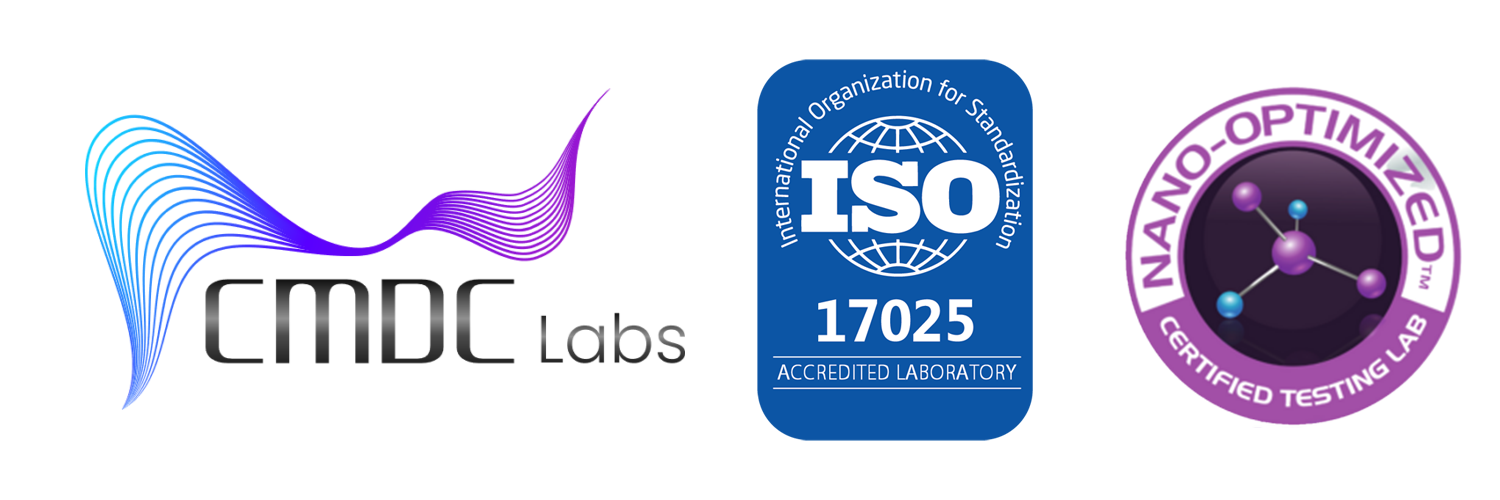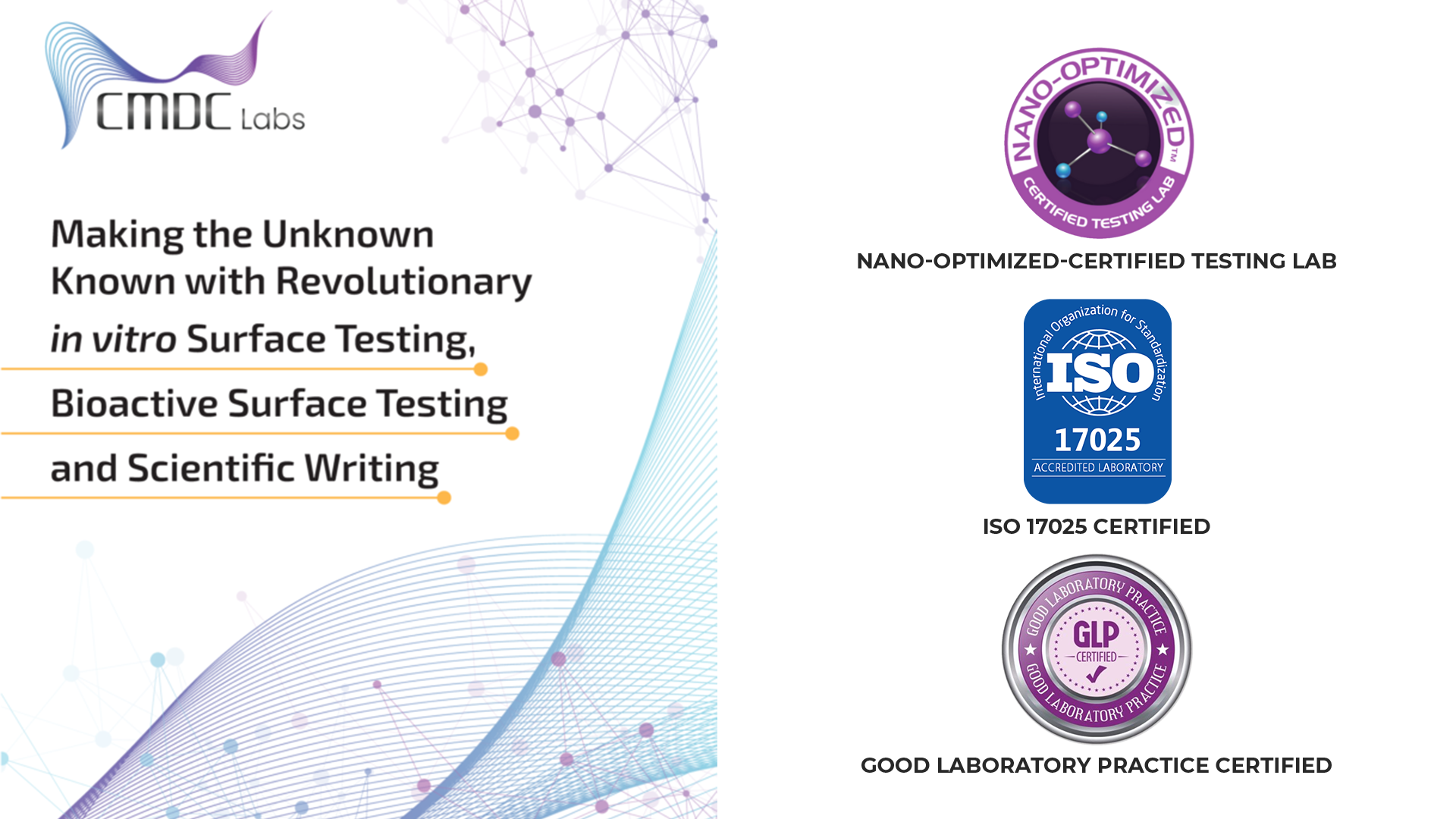In the dynamic landscape of microbiology testing, a transformative force has emerged, reshaping the future of insights and decision-making: the era of data-driven methodologies. Traditionally, microbial analyses relied on conventional approaches, but the integration of data-driven strategies marks a paradigm shift toward heightened precision and efficiency.
Unveiling the Potential: Data-Driven Microbiology Testing
At the heart of data-driven decisions in microbiology testing is the comprehensive collection, analysis, and interpretation of vast datasets sourced from diverse testing processes. This holistic methodology not only allows for a nuanced understanding of microbial behavior but also empowers laboratories to identify intricate patterns, trends, and subtle anomalies that might elude conventional analyses.
Real-Time Insights for Rapid Responses
The advent of data-driven microbiology testing brings the invaluable advantage of real-time insights. Unlike traditional methods that are often time-consuming, data-driven approaches facilitate rapid analyses, enabling quicker response times and more informed decision-making. This agility proves pivotal in sectors like healthcare, food safety, and pharmaceuticals, where swift interventions can significantly impact public health and product integrity.
Predictive Capabilities through Advanced Analytics
Moreover, the incorporation of advanced analytics and machine learning algorithms amplifies the predictive capabilities of microbiology testing. These technologies empower laboratories to identify potential risks, optimize testing protocols, and predict future microbial trends. The outcome is a proactive approach to quality assurance and risk mitigation, reducing the likelihood of contamination or product failure.
The Role of Skilled Data Scientists
As the industry embraces the era of data-driven microbiology testing, the role of skilled data scientists and analysts becomes increasingly vital. Their expertise ensures accurate interpretations of complex datasets and the extraction of meaningful insights. Laboratories that invest in robust data infrastructure and foster interdisciplinary collaborations are better positioned to harness the full potential of data-driven approaches.
Navigating Challenges and Embracing Opportunities
In conclusion, the future of microbiology testing hinges on the seamless integration of data-driven decision-making. This transformative shift not only enhances the accuracy and efficiency of testing processes but also empowers industries to stay ahead of emerging challenges. Navigating this data-driven frontier requires a synergy between scientific expertise and advanced analytics, promising to redefine the standards of microbiology testing and usher in an era of precision, reliability, and innovation.

